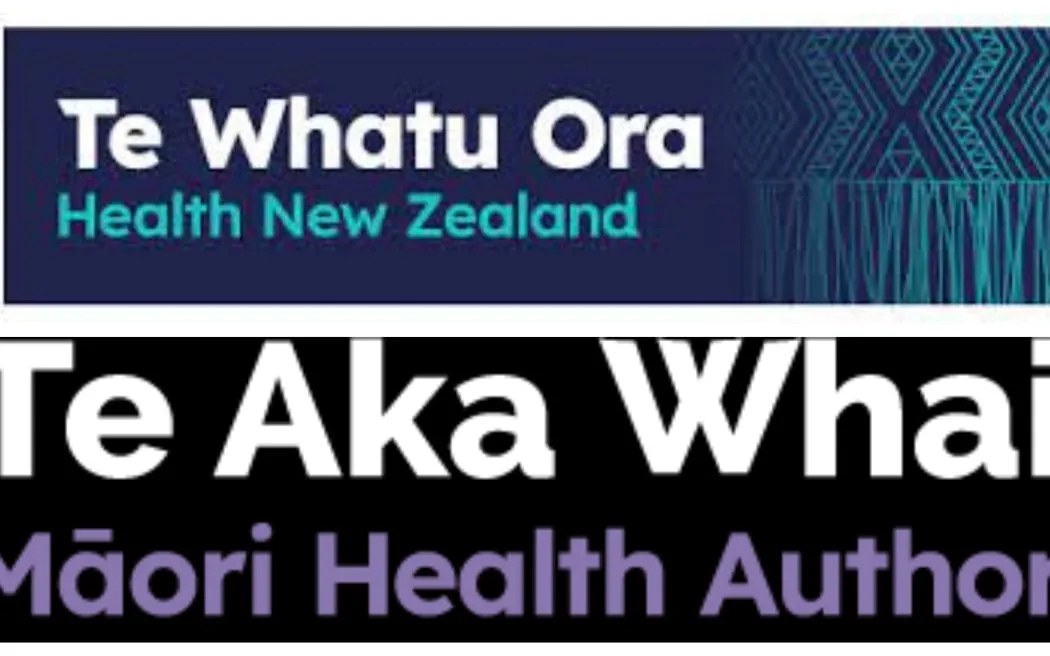The Waitangi Tribunal Report on the Disestablishment of Te Aka Whai Ora Māori Health Authority
The Waitangi Tribunal has released its report on the disestablishment of Te Aka Whai Ora, the Māori health authority. The report is a culmination of an inquiry into claims made by hundreds of doctors and claimants regarding the government’s decision to scrap the authority.
**Introduction**
In February this year, the government introduced the Pae Ora (Disestablishment of Māori Health Authority) Amendment Bill. Just two days before the Waitangi Tribunal’s hearing on the issue was due to start, the bill became law in March. The tribunal had inquired into claims about the disestablishment process and its impacts.
**The Background**
Te Aka Whai Ora was initially set up by the government as a partnership with Māori. It came out of the Waitangi Tribunal’s Health Services and Outcomes Report. The authority aimed to address Māori health inequities and provide services that were close to home and in the community.
**Claims and Responses**
The report addresses claims concerning the process the Crown followed in disestablishing Te Aka Whai Ora, as well as the impacts of that decision. One of the lead claimants, Lady Tureiti Moxon, described the authority as “courageous” and said it was great to have a central body that understood Māori needs.
The government’s Health Minister at the time, Dr Shane Reti, stated that the bill was part of the government’s 100-day commitment and was well canvassed throughout the National Party’s campaign. He also promised an outcomes-driven approach that would deliver care closer to home and in the community.
**Recommendations**
The tribunal recommends the Crown:
* Commit to revisiting the option of a stand-alone Māori health authority.
* Consult extensively with Māori in the development of any alternative plans.
* Always undertakes proper regulatory impact analysis in matters that affect Māori health.
**Conclusion**
The Waitangi Tribunal’s report highlights the need for a more thoughtful and inclusive approach to addressing Māori health inequities. The tribunal’s recommendations are crucial in ensuring that the government’s decision does not exacerbate existing health disparities.
While the government has promised a different dream, one that will deliver care closer to home and in the community, it remains to be seen whether these promises will be fulfilled. The tribunal’s report serves as a reminder of the importance of listening to Māori voices and working collaboratively to address the complex issues affecting Māori health.
As the government moves forward with its alternative plans for Māori health, it is essential that they prioritize transparency, consultation, and a commitment to addressing the root causes of health inequities. Only then can we hope to achieve better outcomes for Māori health and well-being.

0 Comments